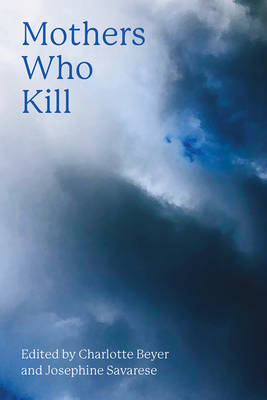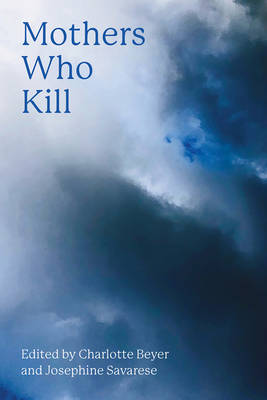
Nos liseuses Vivlio rencontrent actuellement des problèmes de synchronisation. Nous faisons tout notre possible pour résoudre ce problème le plus rapidement possible. Toutes nos excuses pour la gêne occasionnée !
- Retrait gratuit dans votre magasin Club
- 7.000.000 titres dans notre catalogue
- Payer en toute sécurité
- Toujours un magasin près de chez vous
Nos liseuses Vivlio rencontrent actuellement des problèmes de synchronisation. Nous faisons tout notre possible pour résoudre ce problème le plus rapidement possible. Toutes nos excuses pour la gêne occasionnée !
- Retrait gratuit dans votre magasin Club
- 7.000.0000 titres dans notre catalogue
- Payer en toute sécurité
- Toujours un magasin près de chez vous
Description
This compelling and unique collection of critical and creative work assesses for the first time cultural, literary, legal, and historical representations and narratives about mothers who kill and filicide. The idea of a mother killing her child to many presents the greatest taboo, and the most disturbing and distressing aspect of maternal experience. In Toni Morrison's 1987 novel Beloved, escaped slave mother Sethe addresses her daughter Beloved whom she murdered out of desperation, in order to avoid her returning to a life of slavery and sexual abuse. Sethe reflects, "I'll explain to her, even though I don't have to. Why I did it. How if I hadn't killed her she would have died and that is something I could not bear to happen to her. When I explain it she'll understand." This book goes beyond Morrison's widely known literary portrayal, in order to investigate a range of other, less known but no less challenging, examinations of maternal filicide. Have mothers who kill inevitably been portrayed as monsters in cultural representations? Or are there certain contexts that may urge us to reevaluate maternal behavior? And how might we counter the misogynist narratives surrounding maternal filicide which have governed literary and historical accounts and affected legal discourses? This wide-ranging and innovative volume examines the complex issues of infanticide and mothers who kill from a broad, interdisciplinary perspective, in order to counter the misogynist cultural narratives that underpin prevailing stereotypes of mothers. The book includes creative work, essays on crime fiction, literature from across a range of historical periods, multicultural and Global South perspectives, legal and historical accounts, and more. Making an invaluable contribution to motherhood studies and gender criticism, this book offers a rich insight into current and cutting-edge research into this most troubling area of maternal representation.
Spécifications
Parties prenantes
- Auteur(s) :
- Editeur:
Contenu
- Nombre de pages :
- 300
- Langue:
- Anglais
Caractéristiques
- EAN:
- 9781772583571
- Date de parution :
- 25-02-22
- Format:
- Livre broché
- Format numérique:
- Trade paperback (VS)
- Dimensions :
- 150 mm x 226 mm
- Poids :
- 566 g







